I spoke on the Government Response to the situation in Ukraine: I suspect the real fear that Vladimir Putin has, is not the arrival of missiles in neighbouring countries, but the arrival of democracy into those countries, particularly democracy as epitomised by the European Union. I wish democracy to the Russian people.
I wish democracy to the Russian people
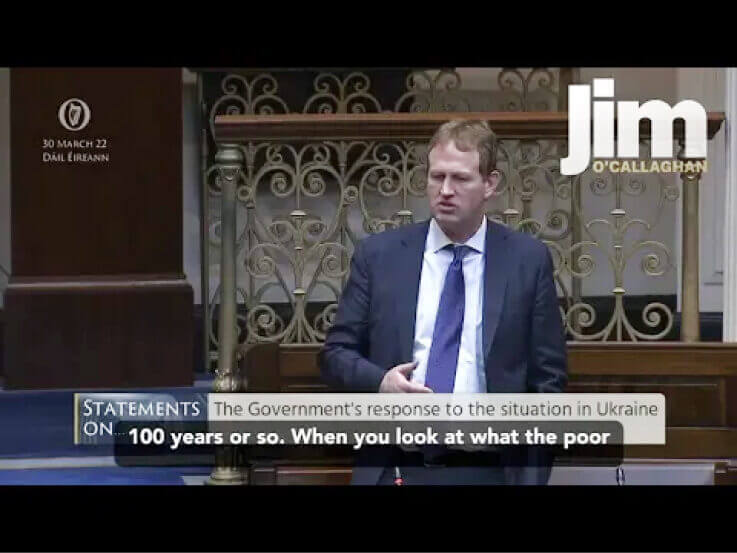
Support for the Sovereignty and Territorial Integrity of Ukraine
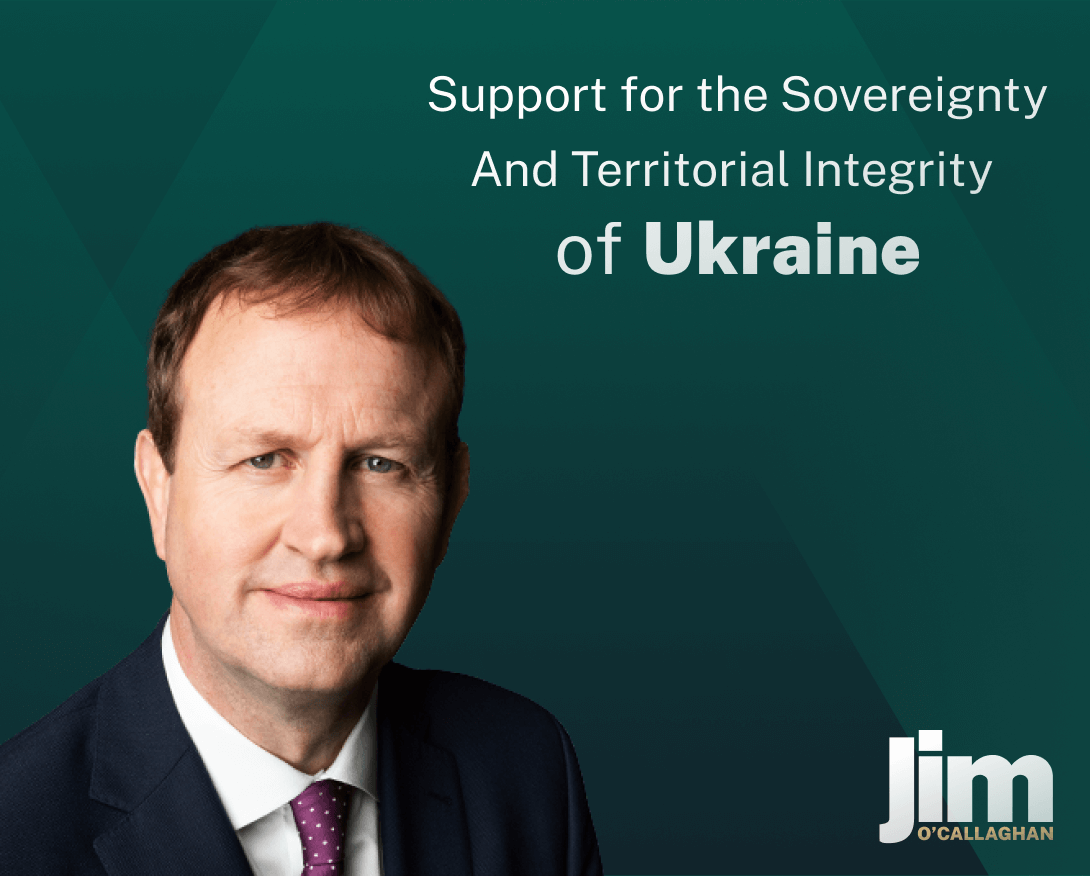
Motion One of the most important political characteristics is self-awareness, which is knowing one’s limitations and one’s capabilities. It is important that in this House we assess ourselves when it comes to deciding how we respond to the threat posed by Vladimir Putin’s unlawful and brutal invasion of Ukraine. We need to know what our capacities are and what our limitations are.
Why would a proud, independent country like Ireland want to associate itself diplomatically with Putin’s despotic regime?
Irish people are revolted by his actions in Ukraine.
Submission by Jim O’Callaghan TD to the commission chaired by James Lawless TD to report on the aims and objectives of Fianna Fáil
Introduction
One hundred and four years ago the people of Ireland decided to be citizens of an independent country rather than subjects of an empire. That courageous decision was a success. Ireland is now a sovereign, independent, democratic country subject to the rule of law and controlled politically by the electoral wishes of its people.
Although independence has succeeded, Ireland now faces political and social challenges of immense proportions that require similarly courageous decisions as were made one hundred years ago.
Ireland between 2022 and 2072 will be a remarkably different place to the Ireland of the 20th century. Extraordinary demographic, cultural and political changes have taken place already in the 21st century and it is undeniable that these changes will continue during the next 50 years. Ireland is now a country with a population of over 5,000,000, 13% of whom are non-Irish nationals, with increasing numbers of Irish nationals migrating back into the country.
There are many reasons why Ireland is seen as an attractive place to live, but two are very relevant for the purpose of this submission.
First, Ireland has a dynamic and open economy that provides employment and rewards hard work.
Second, the quality of life in Ireland, as represented by the country’s sense of community and friendliness, is an attraction that is frequently underestimated by long-term residents
Ireland is also a country with a young population that views the economy and the role of government in a different light to how they were viewed in the last century. No longer do Irish people view themselves as being tied to, or thankful for, their initial job.
The dynamism of the Irish economy, as seen in the growth of the technology and knowledge-based sectors, means that people no longer demand what was historically viewed as the security of a permanent and pensionable job. Instead, mobility of employment is viewed as an advantage to be availed of by young workers.
Notwithstanding their attraction to an open and dynamic economy, this new generation of Irish people wants its government to play a role in supporting this dynamic economy and in ensuring that the fundamental requirements for their flexible lives are available and in place – housing, childcare, education, and healthcare.
This generation also wants a government that can respond to the regional imbalance that exists in a country where 29% of the population lives in its capital, whilst an extraordinary quality of life is available for those who make the decision to live in the regions. These are the challenges that need to be focused on by Fianna Fáil during the next 50 years.
That is why there needs to be a new vision in Irish politics. That new vision does not require a new party but instead a new, modern, relevant vision from an established Irish political party that recognises the progress our country can make from the new solid economic and social foundations for which we have all worked so hard in order that our families can prosper.
History can give us confidence that our ambitions can be achieved, but we must change and be more forward looking, more flexible, more ambitious, more caring whilst we continue being uniquely Irish and proud Europeans.
As Ireland has changed, so must our political ambitions. We must build on what we have and prepare new foundations that will ensure prosperity and equality of opportunity for all in housing, childcare, education and healthcare in this new dynamic economy.
We are not starting from scratch, but from a stronger base that, although by no means perfect, can be managed successfully to build a new successful history. This will take time, but the roadmap needs to be established now.
Fianna Fáil needs a vision for Ireland that is based on the notion that equality and opportunity are the bases upon which we can build an Ireland that is kind, fair and efficient.
The Challenges
As we face into the second hundred years of this republic – its second age – our politics and our party are confronted by very different circumstances, in a very different Europe and in a very different world.
The last decade, let alone the last century, has witnessed a tsunami of change that washed away what were once old certainties. In those years, the patterns of political crisis have not been intermittent or cyclical. Our people have been confronted and challenged by unprecedented event followed by unprecedented event – economic, social and, most recently, health.
The pace of these events on our collective lives is only matched by the depth of its effect on our national consciousness and on the lives of our people. The deep uncertainty of this period in our politics is now unfortunately mirrored in the everyday lives of citizens. The fundamentals that underpin the quality of our lives – a decent job, a family home, and our health – are now the very things that have been eroded by uncertainty.
People are naturally wearied by constant crisis and rightly worried by a present, and a future, so saturated in instability. There is now a widespread public hunger for some security and certainty, and people know that the only power and authority capable of providing this is Ireland’s government.
That consensus amongst the Irish electorate has already taken shape. In the last number of elections, we have voted to prioritise improved and expanded public services and increased state intervention. As a party we have recognised that public desire, but we have failed to understand fully the magnitude of the interventions and change which people now expect.
Adults under 40 have seen huge changes in the workplace as a result of the development of a dynamic and flexible economy. They have also experienced significant recessions. Prior to the pandemic they were already finding it very difficult to secure accommodation or achieve financial security. Public policy must intervene to protect and enhance the position of these young people. Political leadership must prioritise them so that their lives can be lived outside the overbearing shadow of financial insecurity. Our party will attract younger voters if we articulate policies that are clear, simple and ambitious, and that will:
• solve their problems (housing and childcare);
• address their anxieties (climate crisis and health), and
• inspire their patriotism (reunification).
Fianna Fáil must be humble enough to accept that in recent elections we have offered a platform that is too small in comparison to the scale of the political context that confronts us. Cautious incrementalism has no place at a time of such defining political change. Our offering needs to be bigger and bolder, and ambitious.
It is right that people expect our policy commitments to be deliverable, but they equally want us to be daring. That means that Fianna Fáil must have the courage to articulate a fuller and firmer vision of the Ireland we wish to create.
The aims and objectives of Fianna Fáil
As a large centre ground national party, Fianna Fáil has been slow and inarticulate in defining for what it stands. Fianna Fáil should have the following 10 aims and objectives:
1. THE REUNIFICATION OBJECTIVE
Fianna Fáil is a republican party that wants to unite and develop an Irish nation in which people of different identities, cultures and beliefs on this island can live harmoniously together and govern themselves within the progressive structures of the European Union.
Fianna Fáil wants to achieve a united Ireland. Our means of achieving this is to bring together the people of the island, not by a takeover of Northern Ireland, but rather by persuading all our fellow country men and women in Northern Ireland, through democratic and respectful political dialogue, that their interests, as well as ours, are best served by achieving unity in a new Ireland that serves the interests of all.
2. THE ENVIRONMENTAL OBJECTIVE
Fianna Fáil stands for the preservation and protection of our environment from the dangers of the climate crisis and pollution. The imperative for urgent action on the climate crisis is now both obvious and overwhelming.
Fianna Fáil will offer realistic and achievable policies that will protect our environment whilst promoting business, protecting rural Ireland, and responding to the needs of local communities. Fianna Fáil believes that sustainable Irish farming and food production is the mechanism through which we can ensure the ongoing protection of our environment.
3. THE CULTURAL OBJECTIVE
Fianna Fáil stands for the preservation and promotion of our rich Irish heritage and culture. In particular, Fianna Fáil recognises how the arts can enhance the lives of Irish people, and how Ireland can continue to achieve international recognition through its promotion of the arts.
Fianna Fáil is committed to promoting policies that protect our heritage and culture, and which will enhance the performance of the arts in Ireland.
4. AIDHM NA GAEILGE
Is é cuspóir Fianna Fáil gach tacaíocht, seirbhís agus áis a bheith ar fáil chun saol a chaitheamh trí Ghaeilge in Éirinn. Is é polasaí Fianna Fáil a seasamh le forlámhas na Gaeilge mar theanga an phobail snalimistéir Ghaeltachta agus pobail nua Ghaeltachta a bhunú.
5. THE FAMILY OBJECTIVE
Fianna Fáil recognises that the definition and understanding of what constitutes a family has changed significantly since Bunreacht na hÉireann came into force. Fianna Fáil supports this broader and more inclusive definition of the family as the primary and fundamental unit group of society and will promote policies that enhance and protect the family and, in particular, the welfare of all children.
This must also extend to ensuring affordable and secure housing and accommodation for all families.
6. THE EDUCATION OBJECTIVE
Fianna Fáil is a party of opportunity and recognises that education has provided Irish people with the chance to improve the quality and enjoyment of their lives. Fianna Fáil is committed to ensuring that education is broadly available to all, not just during school years but beyond into further education.
Fianna Fáil supports a broad definition of further education to include all forms of apprenticeships and wants to ensure that our education system provides pathways to employment for all, and not just for those who are academic high achievers.
7. THE PUBLIC SERVICES OBJECTIVE
Fianna Fáil believes the state has a responsibility to protect its citizens through a strong and well-resourced public sector that enables them to have the fullest access possible to childcare, education, social housing, healthcare, and social protection. Fianna Fáil will support policies that continue to devote significant state resources to funding these public services.
8. THE PRIVATE ENTERPRISE OBJECTIVE
Fianna Fáil stands for the promotion of enterprise and the creation of wealth as a means of improving the standard of living of all our people. Our Public Services objective cannot be achieved unless sufficient wealth is created that results in an increase in available resources.
Experience confirms that this wealth can only be generated by the private sector.
Fianna Fáil believes in rewarding hard work, and in promoting a vibrant private sector that is spread throughout the regions and not concentrated on Dublin. It believes that everyone has the right to develop to their fullest potential and that the State should facilitate this by ensuring our laws reward hard work and aspiration.
9. THE SOCIAL COHESION OBJECTIVE
Ireland has benefited greatly from the social cohesion between employers, employees and other social groups that was pioneered by Fianna Fáil in government. We established agreed structures through which employers and employees, overseen by government, have been able to put in place a fair system for workplace engagement.
As a centre ground national party that seeks to avoid polarisation of employers and employees, Fianna Fáil is committed to the protection and development of social cohesion in order to ensure that fairness and
understanding continue within the workplace and industrial relations.
10. THE HOUSING OBJECTIVE
Fianna Fáil believes in the provision of suitable and affordable housing for its citizens. Exorbitant purchase and rent prices are preventing the majority of young people from accessing affordable and secure accommodation. For many people, particularly those under the age of 40, home ownership or secure rental accommodation is an unattainable dream.
Fianna Fáil believes that this must change, and that no future government can permit a return of the cycle of recession to housing crisis and back to recession. The construction of suitable and affordable housing must be continuous and the attraction of, and reasons for, living outside Dublin in the regions must bepromoted.
How Fianna Fáil can achieve this Aims and Objectives?
During the past one hundred years this country has progressed mainly because of centre ground policies that were advocated and implemented by Fianna Fáil governments.
Fianna Fáil achieved political dominance not because of the stance of its leaders in the civil war but because it was viewed by the majority of the population as being the political party that would protect them. Fianna Fáil did protect people, particularly small farmers and workers. However, as time went on, Fianna Fáil came to view itself as the natural party of government, and then as a party whose sole purpose was to be in government. That attitude undermined its relationship with the people.
Ireland has succeeded as a democracy and country because it was governed from the centre, not the extremes. Unfortunately, the loudest political voices now come from the extremes. The effect of these voices, and possibly their intention, is to polarise politics.
Political polarisation results in the diminution of debate on political issues. Instead of voters arguing about political issues, polarisation seeks to ensure that voters believe that their interests cannot and will not be served by those of a different political persuasion.
Polarisation seeks to make politics tribal. It has happened in the United Kingdom through Brexit; in the United States through the growing contempt that exists between the two main political parties; and in Northern Ireland through the continuation and maintenance of the sectarian divide.
Because of the existence and threat of polarisation, this country has never more needed a strong centre ground national party such as Fianna Fáil. The reason why centre ground national parties, particularly those in post-colonial countries, achieved so much in the twentieth century was because their guiding principles were rooted in the best interests of the people, not the rubric of ideology. They sought to promote policies that protected the interests of their liberated people and that achieved the common good.
Today it is common for a centre-ground national party to be ridiculed and presented as lacking in conviction or meaning. That is wrong. Never before has this country more required a strong centre ground national party that governs not for the benefit of one faction or polarised group, but for the benefit of the country as a whole. Now, more than ever, this country needs a radical and articulate centre ground national party that will not seek to take advantage of people’s disaffection and dissatisfaction, but that will build on the hope and industry of all Irish people.
With other parties now happy to base themselves on the ideological hard left or right, it is now time to fight for a political party of the centre and to protect Ireland from the polarised and intimidatory politics that has contaminated so many other countries.
We should not apologise for putting the interests of the whole nation ahead of the interests of certain groups. The segmentation of politics into mutually antagonistic groups is exactly the problem that has debased and divided the politics of countries like the United Kingdom and the USA. The centre of the nation is where Fianna Fáil stands; the whole of the nation is the interest we wish to serve.
In order to ensure that the party’s aims and objectives are realised we need to change how the party operates.
- Empowering the Parliamentary Party to achieve the aims and objectives.
The Fianna Fáil parliamentary party needs to be given a central role in the development of the party’s strategy and policies in order to achieve its aims and objectives.
Each member of the parliamentary party should be allocated a function corresponding to a government portfolio.
Each of these policy groups of TDs and senators should be headed by the party spokespersons on each portfolio.
Party spokespersons should be given responsibility for proposing the relevant content of any election manifesto. The election manifesto should be the work of the front bench and must require full sign off by the front bench before publication.
The party’s research office should provide secretarial and research supports to these policy groups with each staff member being formally assigned to a committee. The policy formulation process will provide an avenue for party members and activists to have a meaningful input into policy formulation.
Any member or activist who has a policy proposal should be able to identify the staff member who is responsible for supporting the relevant policy committee, and submit suggestions to them for consideration by the relevant committee. Fianna Fáil must welcome the ideas of our members the length and breadth of the country and let those members know that there are meaningful mechanisms by which their ideas can be incorporated into party policies.
We should also create a formal structure for councillors to meet regularly at national and regional level to ensure greater co-operation and information sharing. A unit should be established in Fianna Fáil headquarters, including staff from the party research office, to support councillors in their important work. Our councillors are key to attaining our aims and objectives, and they must be acknowledged and supported.
Preparations for the next Local Government and European Elections must commence now. Our political priority must be to remain the biggest party in local government and to win at least one European Parliament seat in each Euro constituency.
2. Improving the party’s structures to achieve the aims and objectives.
Fianna Fáil needs to have the national and digital campaigning capacity that equals or surpasses its constituency/ground campaign. We need a bespoke digital strategy unit to ensure the aims and objectives of Fianna Fáil are known and promoted online and across social media platforms.
We need to use the expertise that exists within certain members of the parliamentary party, and many skilled individuals across our membership, who have shown that they can run excellent social media campaigns. We must invest in ongoing regular training for constituency officers and organisers. Our greatest political strength remains our local presence in communities, though there are clearly some gaps in urban areas. We must build on our local strengths and both review and upgrade our national structures to empower local party units.
If we are serious about our Reunification objective then we must enhance our relationship with the SDLP. The partnership with the SDLP should be strengthened, developed and advanced with greater interactions between the Oireachtas and Northern Ireland Assembly parliamentary groups and the establishment of standing policy committees to meet regularly and report jointlyto the party leaders.
3. Recruiting new members to promote our aims and objectives.
People do not join political parties in the same numbers as in the last century. However, many people are still interested in getting involved in politics but perceive it as being inaccessible or slow to respond. Fianna Fáil needs to develop a recruitment programme that will seek to attract more members, particularly women and young people, from across Ireland. We should seek to recruit people who want to contest elections on behalf of the party. This recruitment should take place in every townland and urban estate across the country.
To achieve this we must first create a party structure that is driven by ideas and membership input. People must feel that joining Fianna Fáil means contributing to national debate and national politics. That will only happen when people are fully aware of Fianna Fáil’s aims and objectives.
Jim Irelands Future Speech
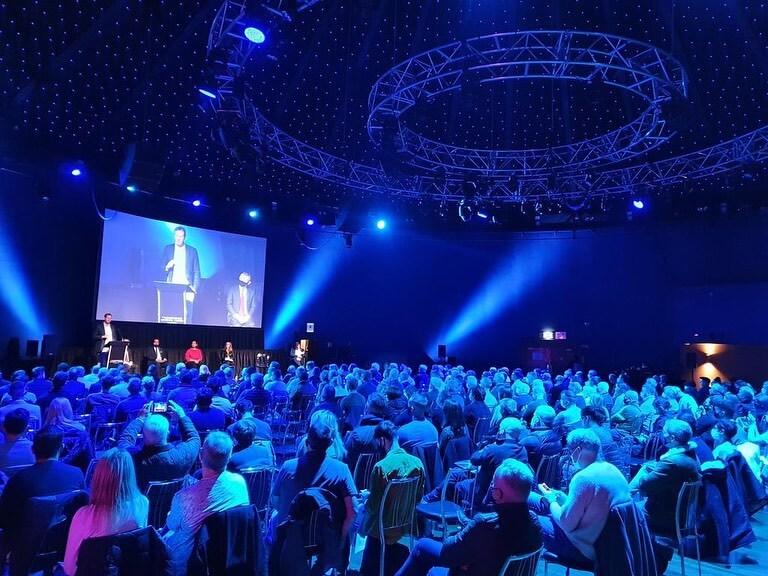
Jim O’Callaghan TD represented Fianna Fáil at Ireland’s Future – Preparing for a United Ireland discussion at the Mansion House in Dublin 6th of November 2021.
Listen for my contribution on The Tonight Show on the issue of rising crime in Ireland.
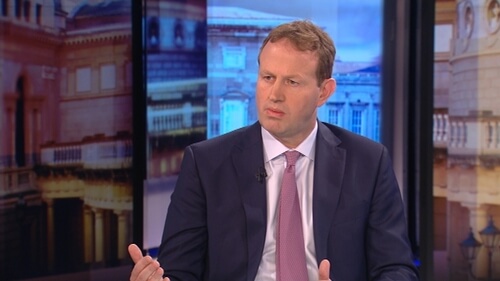
Jim speaking on Claire Byrne Show
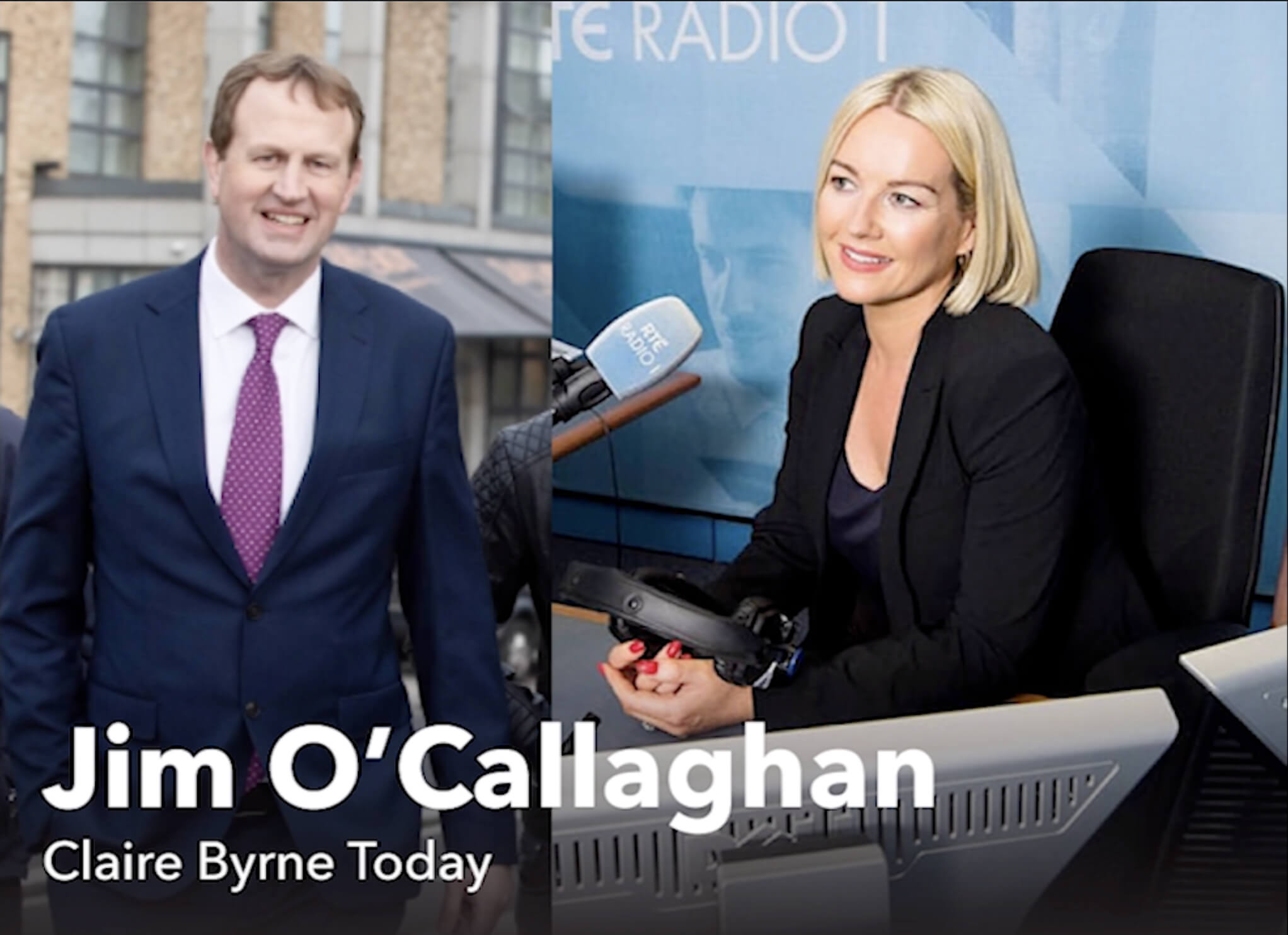
Tribute to Seán Lemass on the 50th anniversary of his death
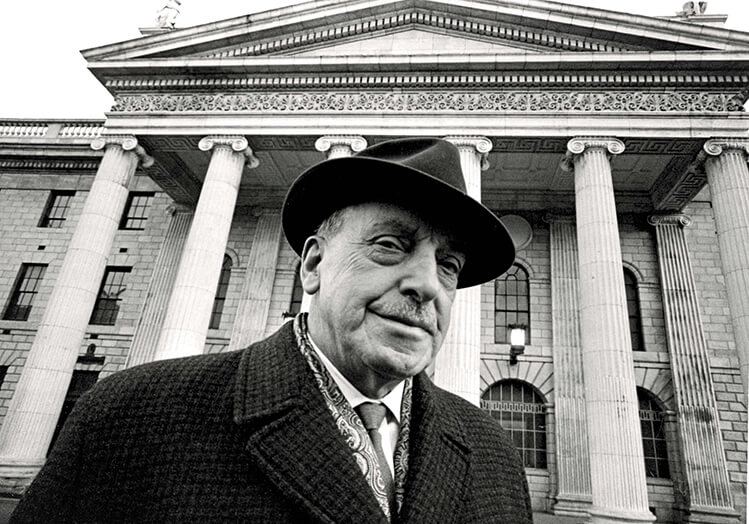
I want to thank the family of Seán Lemass for asking me to speak at this event. It is appropriate that the death of Seán Lemass, 50 years ago today, is marked and that his life is celebrated. For members of his family, today is a day to recall a loving grandfather and great-grandfather. For the wider public, today is a day to recall and acknowledge the political career and contribution of a man who had a transformative effect on Irish political and economic life. There were many phases in the public life of Seán Lemass – from the revolutionary era to his term as Taoiseach – but the phase of his life that was most impactful and influential from Ireland’s point of view was the 1950s and early 1960s. That was when decisions were made by Lemass which subsequently changed the direction of this country with long lasting beneficial effects.
The origins of the national transformation that he instigated can be traced back to the decade after the Second World War. That was an extremely difficult time for Ireland as is evidenced by the very limited achievements of the different governments during that period. As Minister for Supplies during the Second World War, Lemass saw the limitations that tariff barriers and protectionism had imposed on Ireland. Others opposed protectionism but it was his recognition of its limitations that ultimately lead to its collapse.
It seems inevitable to us in the twenty first century that Ireland in the second half of the twentieth century would transform itself from an agrarian based society and economy into a highly educated knowledge based society and economy. It must be emphasised, however, that there was nothing inevitable about that at the time. Ireland could have gone the same route as some of the post-soviet union republics and remained as a low production agrarian based society. That is what most would have predicted at the beginning of the 1950s.
Alternatively, Ireland could still have changed economic direction and yet seen its economy weaken in a similar way to how the economy of Northern Ireland has 2
regressed since partition. Had that happened we would find ourselves today, 100 years after partition, having a serious conversation as to whether our decision to leave the United Kingdom was the correct one. The success of Ireland as an independent country is, in part, evidenced by the fact that no serious commentator today, no matter what their political viewpoint, has contended that it was an economically damaging decision for Ireland to have established itself as an independent country. The policies of Seán Lemass in the 1950s and 1960s ensured that was not the case and that Ireland became a successful independent country.
It is important to recall that it was a widely held view in the 1950s that industrialisation and economic development were neither feasible nor appropriate for Ireland. For instance, in October 1955 the Irish Times published a very negative editorial about Lemass entitled “The Wrong Accent” in response to one of Lemass’ pro industrialisation speeches. The newspaper suggested that his proposals were an undesirable reversal of Fianna Fáil’s economic policy. It stated:
“Mr Seán Lemass will have to do better if he hopes to bring Fianna Fáil back to power on the strength of a programme. The programme that he detailed before the combined councils of the party organisation in Dublin last night is not only, in one respect anyhow, a reversal of traditional Fianna Fáil policy – which may or may not be a good thing – but seems to us to be based upon a fundamental error… What we do not like about his programme is that it sees the country’s future prosperity as dependent entirely on an increase in manufacturing industry. He says as much: “It is safe to assume that most, if not all, of the new jobs required to attain full employment must be found in non-agricultural occupations.“ Surely this approach is not merely wrong in fact but full of danger. The proper course is surely to work for the rehabilitation of agriculture and at least a doubling of its productivity, rather than to concentrate on manufacturing industries which have no root in our own resources. Has Mr Lemass – and has his party, if he speaks for it – abandoned all hope of a unified Ireland, which might find itself disastrously overstocked with manufacturing industry?”
Notwithstanding the widespread opposition to changing economic course, Lemass persisted and, along with TK Whitaker, recognised that Ireland’s economic direction needed to change. It was fortunate for Ireland that Lemass’ election as Taoiseach in June 1959 occurred a number of months after the publication of the “First Programme for Economic Expansion” in November 1958.
Lemass also saw that a real barrier to Ireland’s development was the prevailing sense of pessimism that hovered like a dark cloud over the country at that time. Within six months of his election as Taoiseach he was able to assert in Dáil Éireann that:
“The most encouraging feature in the national situation at the present time is the disappearance of those clouds of despondency which hung so heavily over the country only a couple of short years ago.”
This refusal to accept despondency and the growth of a spirit of national self-confidence were recorded by John Horgan at the end of his biography of Lemass as being some of Lemass’ abiding legacies.
There is a message for us all in how Lemass responded to the pessimism that permeated Ireland in the 1950s in the aftermath of the war. He responded by setting out a pathway down which he wanted Ireland to proceed. Most importantly, he knew what he wanted to achieve for Ireland. He was clear about which pathway he wished the country to take. He wanted to end protectionism, remove tariffs and industrialise Ireland. He wanted to modernise Ireland’s economy. He wanted to move beyond dated and unsuccessful policies on Northern Ireland that ignored unionism. He wanted reunification to be brought about through consent. All of these objectives are now viewed as being the natural and inevitable progression for this country. In truth, there was nothing natural or inevitable about this at all. Ireland could have remained as a subsistence agrarian society with low standards of living because of the absence of natural resources. Also, Ireland could have continued to answer the national question without accepting that it was a question of considerable complexity.
It was Seán Lemass who had the vision to see that Ireland could proceed in a different direction. He set out a pathway for a new, successful, more confident Ireland. He knew this was feasible because of changes that could be implemented by government. He also saw how the world was changing. Respected, older leaders were being replaced by those who saw great opportunities for their countries in a fast changing world. Although Lemass was nearly 60 when he became Taoiseach and had served many years in government in the shadow of Eamon De Valera, he grasped the opportunities that the office of Taoiseach afforded him to lead Ireland down the pathway that contained his very clear political and economic objectives. The term revolutionary is generally applied to the actions of Seán Lemass between 1916 and 1922, but it was the time he served as Taoiseach that was truly revolutionary.
His achievements in modernising Ireland were recognised internationally and in particular by a new young President in the United States. In the 1960s, John F. Kennedy viewed Lemass not as a veteran figure, but as a leader suited to lead Ireland boldly into the modern world. Addressing Dáil and Seánad Éireann in June 1963, President Kennedy said Ireland led by Lemass had:
“undergone a new and peaceful revolution, an economic and industrial revolution, transforming the face of this land… You have modernised your economy, harnessed your rivers, diversified your industry, liberalised your trade, electrified your farms, accelerated your rate of growth, and improved the living standard of your people”.
Welcoming Taoiseach Lemass to the White House a few months later, President Kennedy described Ireland as “a vigorous new country which looks to the past with pride and the future with hope.” He understood very well that Ireland had tremendous potential which Lemass, as its leader, could continue to realise.
Lemass saw Ireland’s challenges as opportunities. He fought in the struggle for Irish freedom and his brother, Noel, paid the ultimate price during that troubled period. More than many, Lemass understood that freedom was not an end in itself. Progress in modern Ireland has been built on the foundations that he put in place. There could
have been further progress, particularly in respect of Northern Ireland, had he been allowed to construct further foundations.
His meeting with Terence O’Neill in 1965 reveals that Lemass was a politician who grasped opportunities and did not over-think their potential negative consequences. This meeting between the two political leaders contained high political risks for both. We know from state papers that Ken Whitaker brought O’Neill’s private secretary, Jim Malley, to see Lemass on 4 January 1965, with a personal message from O’Neill “that a fresh approach should be made in the matter of co operation between the two parts of Ireland” and extending an invitation to Lemass to visit Belfast as his guest. Lemass immediately accepted and agreed to a date the following week. It was only after accepting that he informed his cabinet colleagues.
Whitaker’s personal account describes O’Neill welcoming Lemass and suggesting that the historic meeting merited champagne. Lemass told him that he long wanted such a meeting to “explore the possibility of practical co operation in the interests of the whole of Ireland”. At the meeting in Stormont they discussed the joint promotion of tourism, cross Border exchanges of pupils, teachers and scholarships, cost sharing in the health services, the elimination of wasteful bidding for outside industrial investment, joint agricultural research, a reduction in tariffs and electricity cooperation.
A few weeks later O’Neill visited Lemass in Dublin to continue their talks. Ultimately, their vision of increased co-operation and cross-border activity was blocked and destroyed by hardliners. Regrettably, the rest is history. How different the history of Ireland may have been if their vision in 1965 was allowed to become a reality.
Today, Seán Lemass’ legacy lives in the investment that Ireland has made in the knowledge and skills of our people; in Ireland’s active role in a strong European community of nations; in Ireland’s pro-enterprise economic policies; in Ireland’s cooperation with all communities in the North; and in the quest for enduring peace
and prosperity on our island. Above all, the Ireland Lemass strove to create was a land of freedom and opportunity. Access to education as a right, the owning of one’s home, and the prospect of realising one’s full potential were the cornerstones of Lemass’ policies. They were Republican policies.
Today, as was the case in the mid-1950s, there is a certain level of despondency about problems that appear intractable, whether they centre on the challenges manifested by the pandemic, the environment, housing for young people or Northern Ireland. The most important message we can all take from today’s anniversary, and the message Seán Lemass would want us to take, is that the same vision and drive that he showed as Minister for Supplies after the economic war and the leadership he displayed as Taoiseach in the 1960s are needed today more than ever.
Lemass would meet with relish the challenges that now confront Ireland. He would see the great opportunities they present.
If we are true to his legacy, so must we.
What Jim is doing for this cause
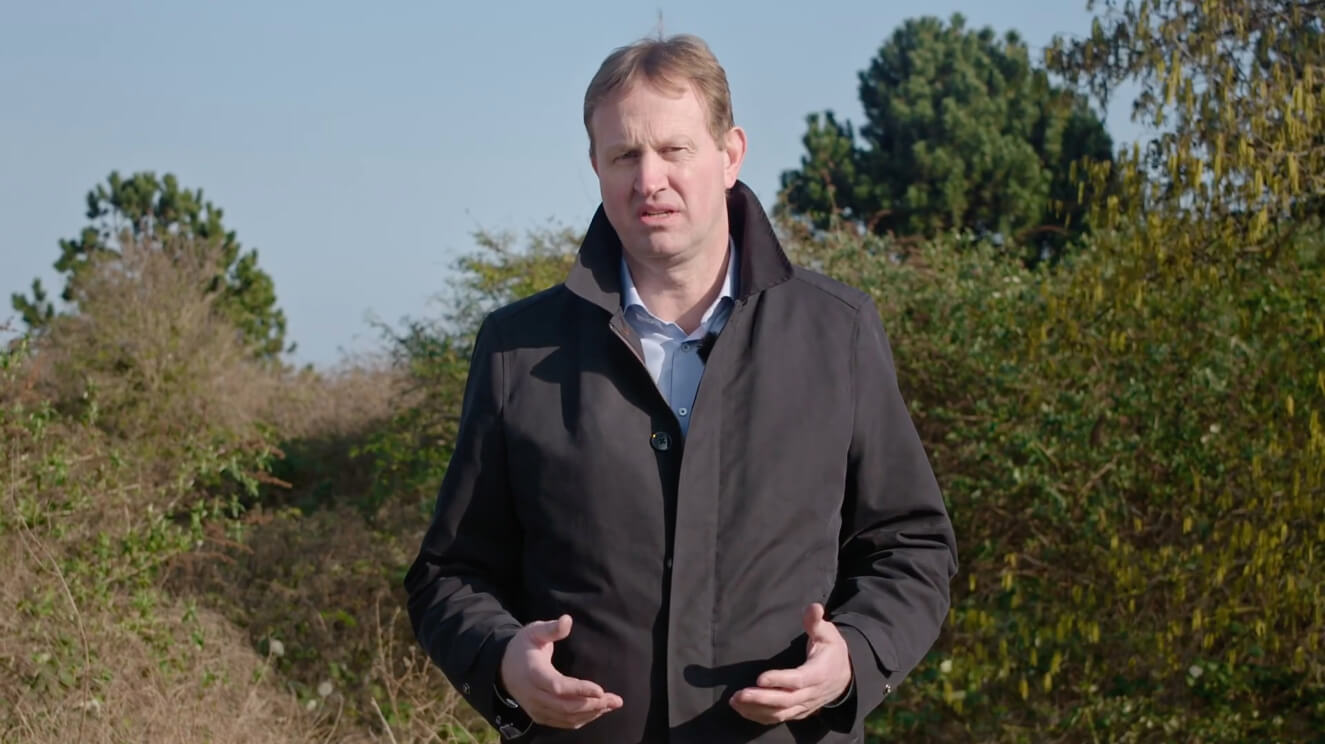
Jim will collate all your emails of support and bring them to his political party to demonstrate the public’s interest in this issue. Following this he will bring his proposal to the European Union and the United Nations and will ask for the imposition of economic sanctions on the Bolsonaro regime in Brazil because of its action.
Our goal is that these economic sanctions will stop the Brazilian government from continuing to burn the Rainforest.
What can you do to help?
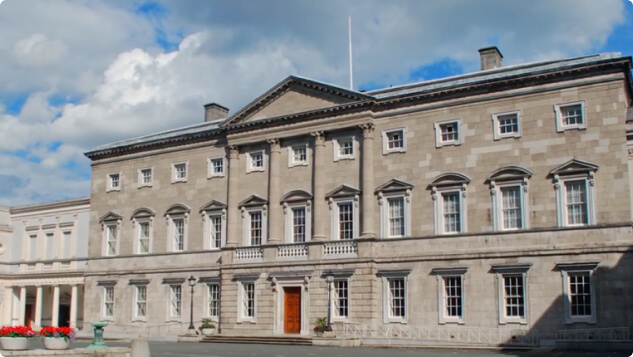
Politicians need to know how much this means to you. We need your help to ensure that our voices are heard. Please email your local politician and ask them to support this campaign to impose sanctions to save the rainforest.
Find your local public representative here and here.
Or email Jim O’Callaghan directly on jim.ocallaghan@oireachtas.ie citing your name & jurisdiction.
What needs to be done?
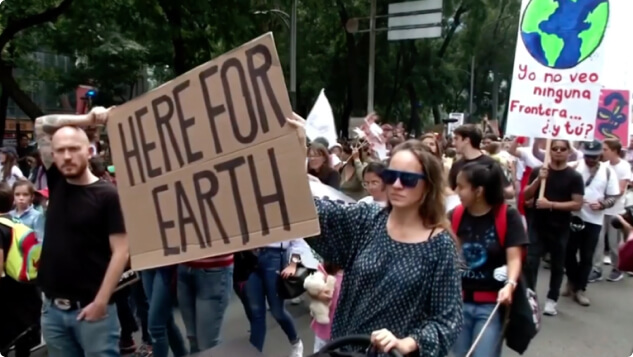
We need to send out a strong message that action is going to be taken to protect the rainforest. When you think about it, we impose sanctions on other countries for damage they may inflict on the world in the future. What’s happening in the rainforest is happening today, by the second, by the minute, by the hour. The horrific videos of the burning of the rainforest should revolut us all. I want my party and the irish government to adopt this policy. We need to get the European Union and the United Nations to adopt this policy. They all need to wake up and act in response to the ongoing damage that is being done to the world as a result of the burning of the rainforest.